Accents are a noticeable part of human languages, but did you know they aren't limited to humans? According to IFLScience, new research suggests that bottlenose dolphins in different regions of New Zealand also have distinct accents. It's still unknown if dolphins with different accents face communication challenges.

Dr Jessica Patiño-Pérez, the lead author of the research from Massey University, recorded sounds of dolphin whistles from the Great Barrier Island (GBI) off New Zealand Aotearoa’s north coast and received recordings of the dolphin population from the south at Doubtful Sound (DS) from Dr Marta Guerra of Otago University.

Patiño-Pérez then worked with her colleagues to analyze the sounds created by these dolphins and those from other dolphins around the world. The differences piqued the curiosity of people. As per the study, the whistles from the south were longer in duration and had more inflection than the ones from the Great Barrier Island. "At a global scale, the acoustic parameters of the whistles from the New Zealand populations clustered with populations found in the Northern Hemisphere, rather than to those in the Southern Hemisphere," stated the research.
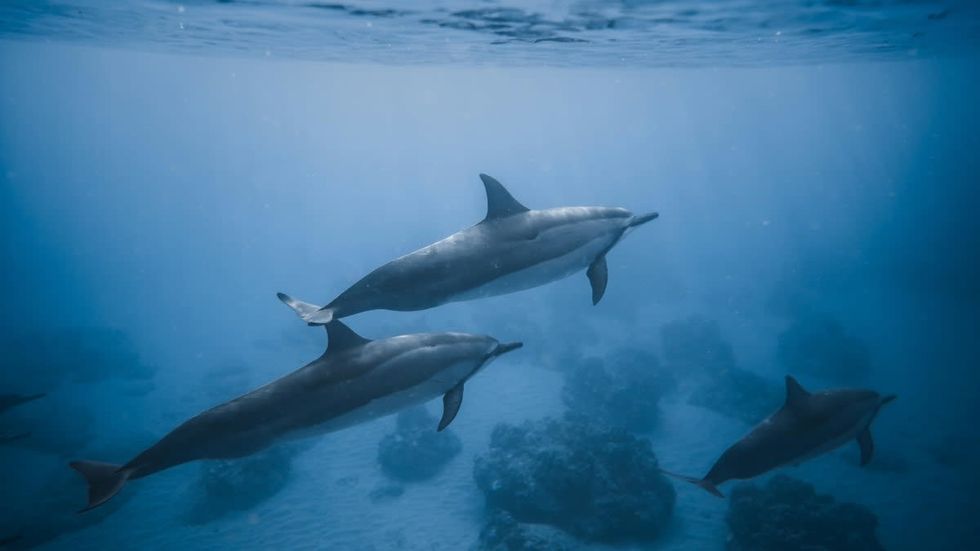
The experts also said, "At Great Barrier Island, the most common type of whistle was upsweep followed by sine, while at Doubtful Sound, convex and sine whistles were the most common whistle types." The whistles largely depend on a dolphin's local environment, as well. Dolphins who live in deeper waters generally use lower sounds than the ones who live closer to the coast.
Interestingly, dolphins have signature whistles, similar to names, to identify each other. They use these whistles for coordination, maintaining harmony, recognition, and establishing social behaviors. Over time, isolated populations develop different language patterns, much like humans.
It is still unknown how long it takes for isolated groups to develop distinct languages. The two New Zealand dolphin populations are also genetically different, indicating they have been separated for a long time.
The whistle sounds are so different that computers can recognize the whistles coming from two different groups with an accuracy of 90 percent, all because of the sounds recorded by the team. According to the authors of the study, "The key differences were whistle-type contour, duration, and end frequency." One more intriguing fact is that the GBI dolphins use lower frequency even after living closer to the coast than their southern counterparts. The experts believe the southern dolphins might be adapting their frequency in response to the increasing number of boats in the ocean. It's also likely that the populations could have been separated from each other due to their drastically different tones.





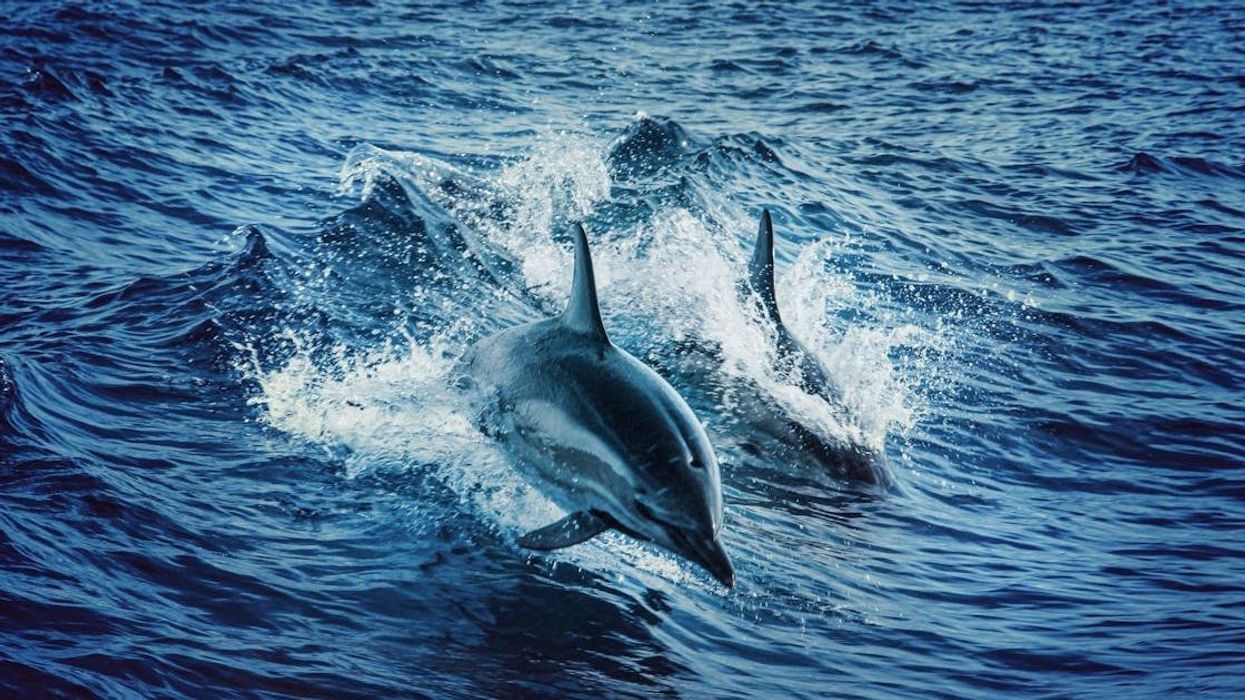











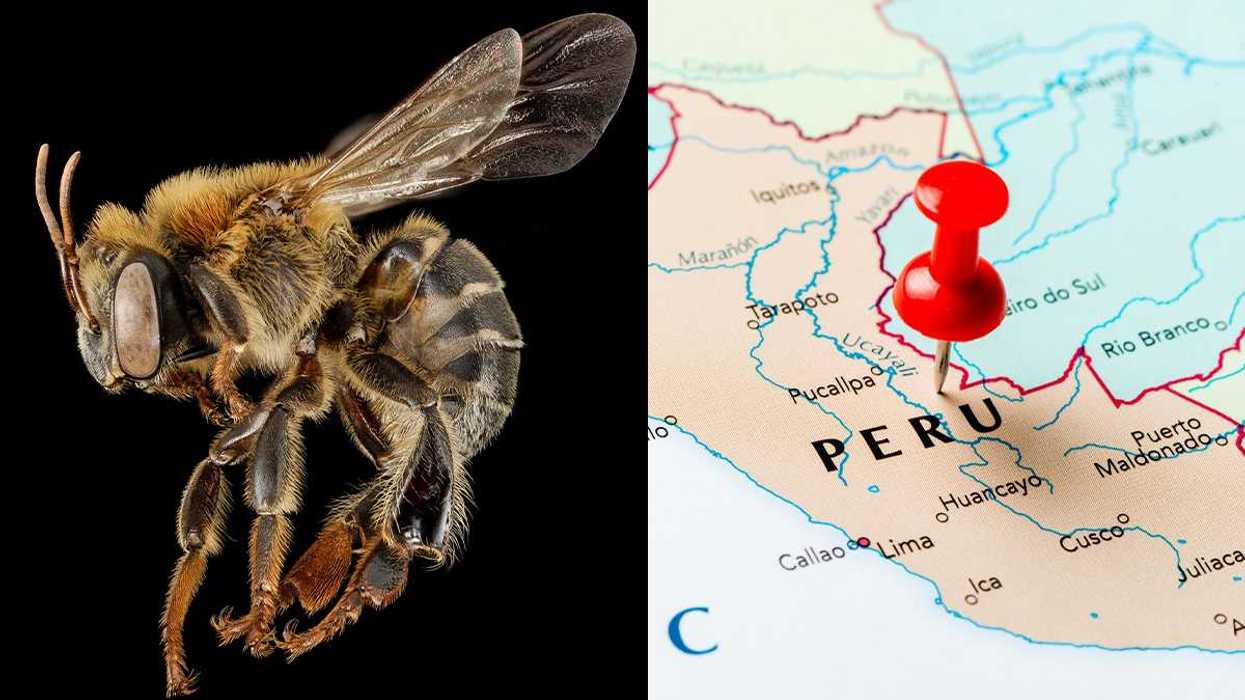
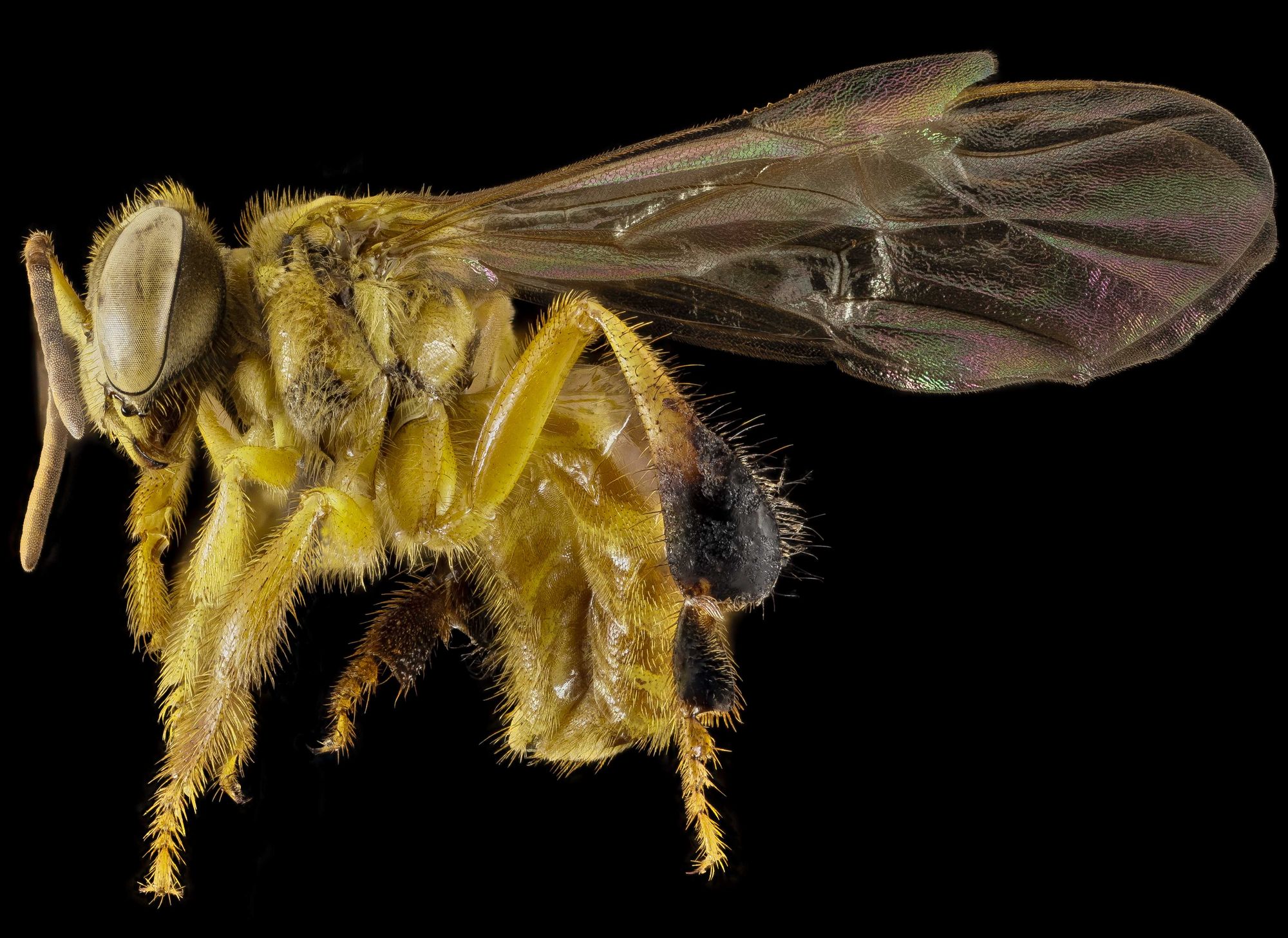 Peru stingless bee.USGS Bee Inventory and Monitoring Lab/
Peru stingless bee.USGS Bee Inventory and Monitoring Lab/ 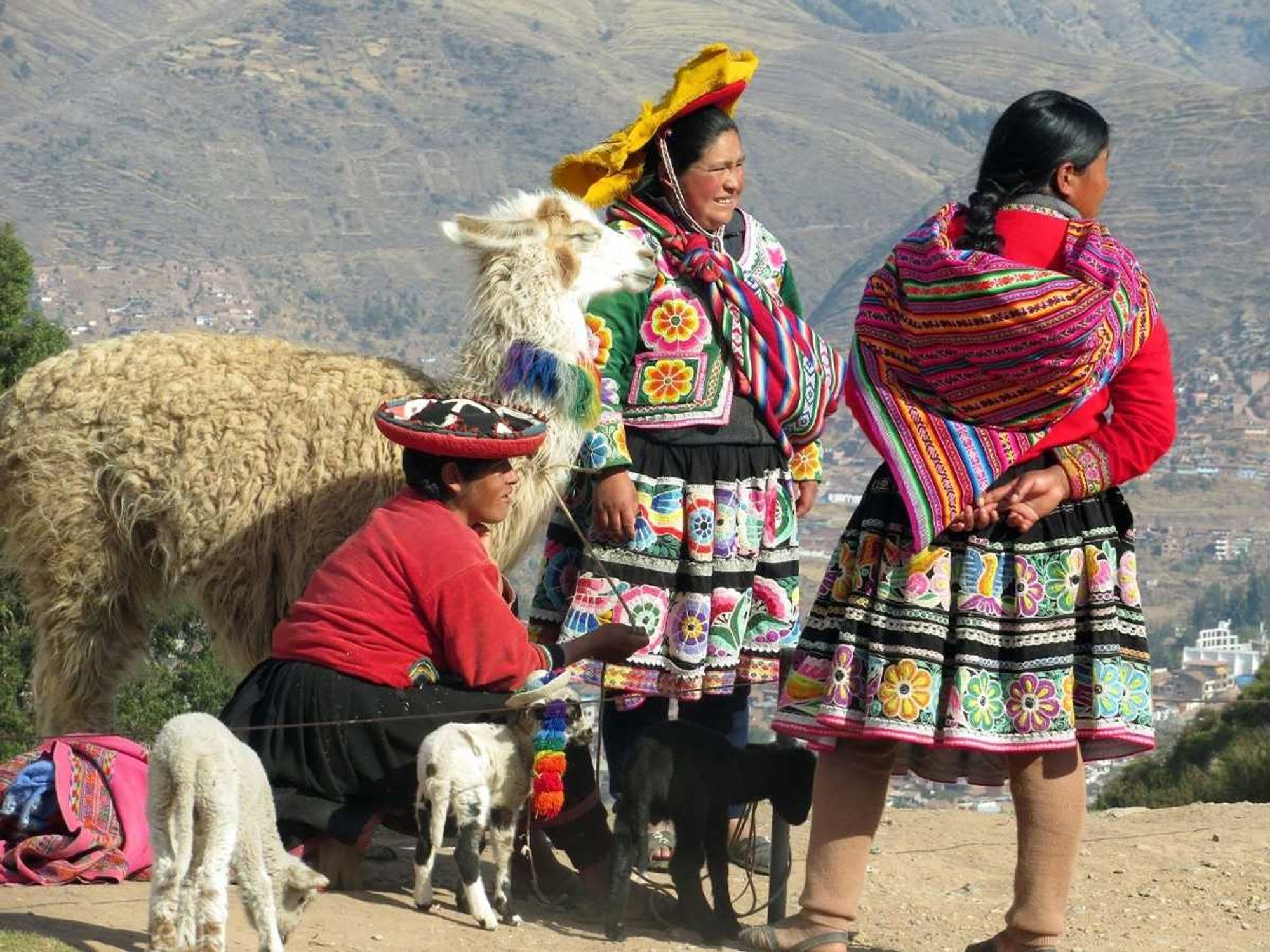 Indigenous Peruvian people.Photo credit
Indigenous Peruvian people.Photo credit 
 Representative Image: Accents reveal heritage and history.
Representative Image: Accents reveal heritage and history.  Representative Image: Even unseen you can learn a lot from an accent.
Representative Image: Even unseen you can learn a lot from an accent. 

 Rice grain and white rice.Image via
Rice grain and white rice.Image via  Person eats rice.Image via
Person eats rice.Image via  Washing and rinsing rice.
Washing and rinsing rice.  Mother and daughter eating rice meal.Image via
Mother and daughter eating rice meal.Image via 

 Bees feeding on food source.Image via
Bees feeding on food source.Image via 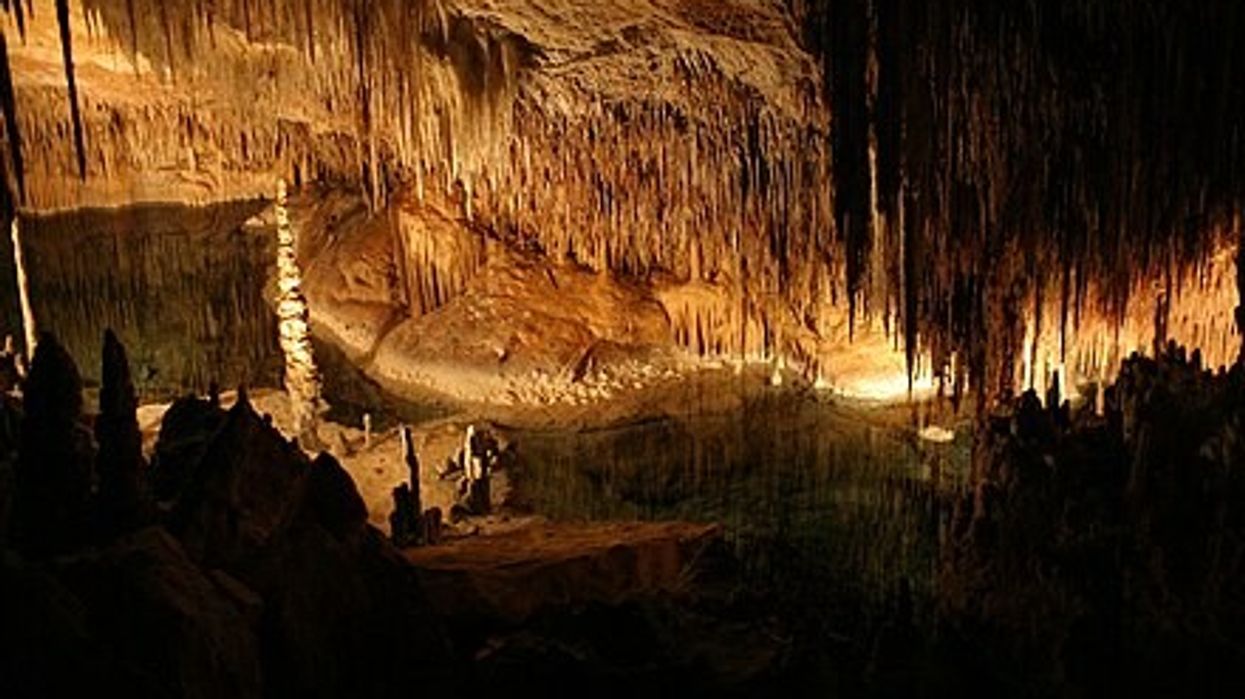
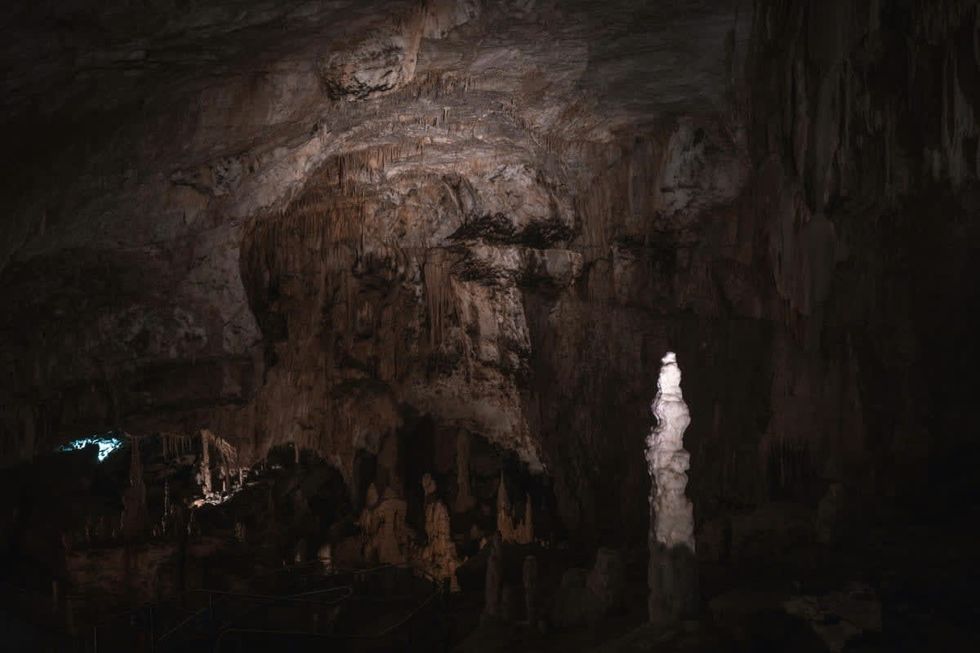 In the depths...Pexels | francesco ungaro
In the depths...Pexels | francesco ungaro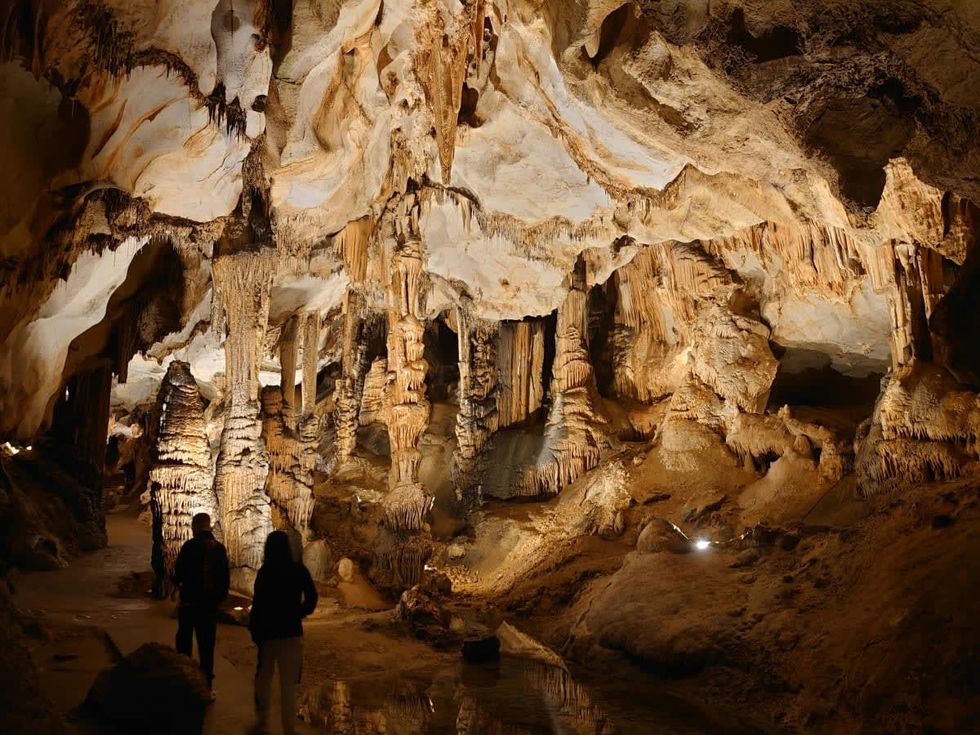 Hope the lights stay on. Pexels | parfait fongang
Hope the lights stay on. Pexels | parfait fongang "That was beyond crazy..." YouTube |
"That was beyond crazy..." YouTube |  "This is the stuff of my nightmares..."YouTube |
"This is the stuff of my nightmares..."YouTube |  "Totally blown away..." YouTube |
"Totally blown away..." YouTube |
President Donald J. Trump and photo of a forest.
Public united and adamantly opposes Trump’s plan to roll back the Roadless Rule
There doesn't seem to be much agreement happening in the U.S. right now. Differing moral belief systems, economic disparity, and political divide have made a country with so many positives sometimes feel a little lost. Everyone desperately seeks a niche, a connection, or a strong sense of community to which they can feel a "part of," rather than just "apart."
But there seems to be one thing that the country strongly unites over, and that's the "Roadless Rule." With the Trump Administration attempting to roll back conservation policies that protect U.S. National Forests, Americans are saying in harmony an emphatic "No." A nonpartisan conservation and advocacy organization, the Center for Western Priorities, reviewed a comment analysis on the subject. After receiving 223,862 submissions, a staggering 99 percent are opposed to the president's plan of repeal.
What is the 'Roadless Rule' policy implemented in 2001?
The Roadless Rule has a direct impact on nearly 60 million acres of national forests and grasslands. According to the U.S. Department of Agriculture, the rule prohibits road construction and timber harvests. Enacted in 2001, it is a conservation rule that protects some of the least developed portions of our forests. It's considered to be one of the most important conservation wins in U.S. history.
America's national forests and grasslands are diverse ecosystems, timeless landscapes, and living treasures. They sustain the country with clean water and the wood products necessary to build our communities. The National Parks protected under their umbrella offer incredible recreational retreats and outdoor adventure.
Why does the administration want to roll it back?
U.S. Secretary of Agriculture Brooke L. Rollins told the Department of Agriculture in a 2025 press release, “We are one step closer to common sense management of our national forest lands. Today marks a critical step forward in President Trump’s commitment to restoring local decision-making to federal land managers to empower them to do what’s necessary to protect America’s forests and communities from devastating destruction from fires." Rollins continued, “This administration is dedicated to removing burdensome, outdated, one-size-fits-all regulations that not only put people and livelihoods at risk but also stifle economic growth in rural America. It is vital that we properly manage our federal lands to create healthy, resilient, and productive forests for generations to come. We look forward to hearing directly from the people and communities we serve as we work together to implement productive and commonsense policy for forest land management.”
Forest Service Chief Tom Schultz explained the Roadless Rule frustrated land management and acts as a challenging barrier to action. It prohibits road construction needed to navigate wildfire suppression and properly maintain the forest. Schultz said, “The forests we know today are not the same as the forests of 2001. They are dangerously overstocked and increasingly threatened by drought, mortality, insect-borne disease, and wildfire. It’s time to return land management decisions where they belong – with local Forest Service experts who best understand their forests and communities."
Why are people adamantly opposed to the proposed rollback?
A 2025 article in Earthjustice, a nonprofit environmental law organization, expressed its concern over the protection of national forests covering 36 states and Puerto Rico. A rescinded rule allows increased logging, extractive development, and oil and gas drilling in previously undisturbed backcountry. Here is what some community leaders had to say about it:
President Gloria Burns, Ketchikan Indian Community, said, "You cannot separate us from the land. We depend on Congress to update the outdated and predatory, antiquated laws that allow other countries and outside sources to extract our resource wealth. This is an attack on Tribes and our people who depend on the land to eat. The federal government must act and provide us the safeguards we need or leave our home roadless. We are not willing to risk the destruction of our homelands when no effort has been made to ensure our future is the one our ancestors envisioned for us. Without our lungs (the Tongass) we cannot breathe life into our future generations.”
Linda Behnken, executive director of the Alaska Longline Fishermen’s Association, stated, "Roadbuilding damaged salmon streams in the past — with 240 miles of salmon habitat still blocked by failed road culverts. The Roadless Rule protects our fishing economy and more than 10,000 jobs provided by commercial fishing in Southeast Alaska.”
The Sierra Club's Forest Campaign Manager Alex Craven seemed quite upset, saying, "The Forest Service followed sound science, economic common sense, and overwhelming public support when they adopted such an important and visionary policy more than 20 years ago. Donald Trump is making it crystal clear he is willing to pollute our clean air and drinking water, destroy prized habitat for species, and even increase the risk of devastating wildfires, if it means padding the bottom lines of timber and mining companies.”
The 2025 recession proposal would apply to nearly 45 million acres of the national forests. With so many people writing in opposition to the consensus, the public has determined they don't want it to happen.
Tongass National Forest is at the center of the Trump administration's intention to roll back the 2001 Roadless Rule. You can watch an Alaska Nature Documentary about the wild salmon of Tongass National Forrest here:
- YouTube www.youtube.com
The simple truth is we elect our public officials to make decisions. The hope is they do this for all of our well-being, although often it seems they do not. Even though we don't have much power to control what government officials do, voicing our opinions strongly enough often forces them to alter their present course of action. With a unanimous public voice saying, "No!" maybe this time they will course correct as the public wishes.